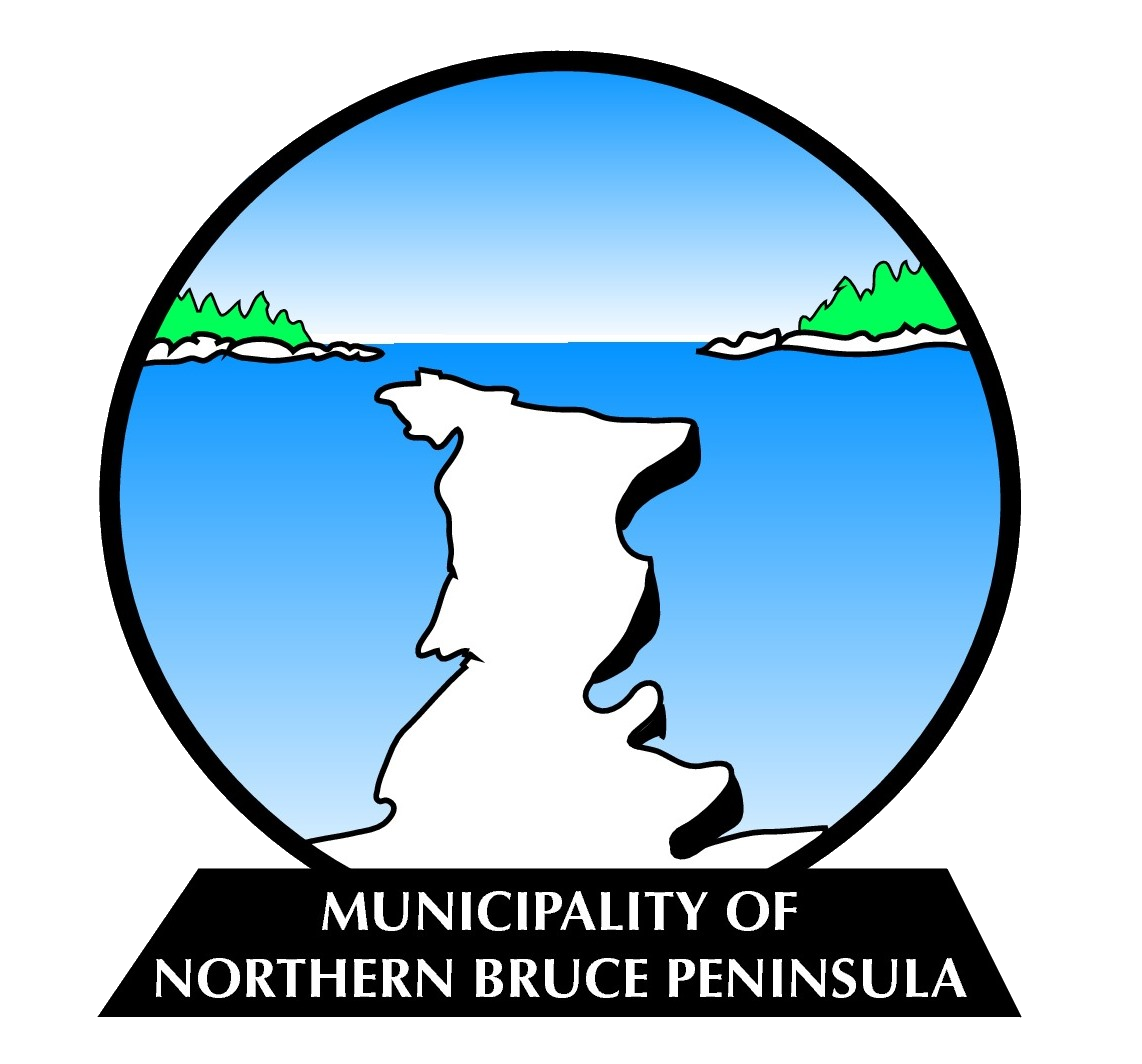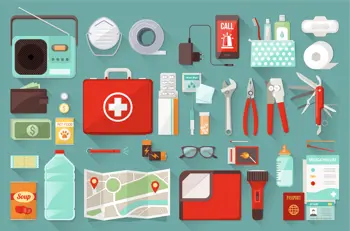Being better prepared is all about having a plan and it only takes about 20 minutes to complete. Making sure everyone in your family knows what to do in an emergency is the first step. Consider the following questions;
- What are your two escape routes from your house and your neighborhood? Do you practice them at least once a year?
- Where will you meet if the family gets separated?
- Who can pick up the kids?
- Do you have readily available Close-by and out-of-town alternate contact information of names, telephone numbers and addresses?
- What will you do with your pets?
It's easy, fast and free to make a plan online for printing.

